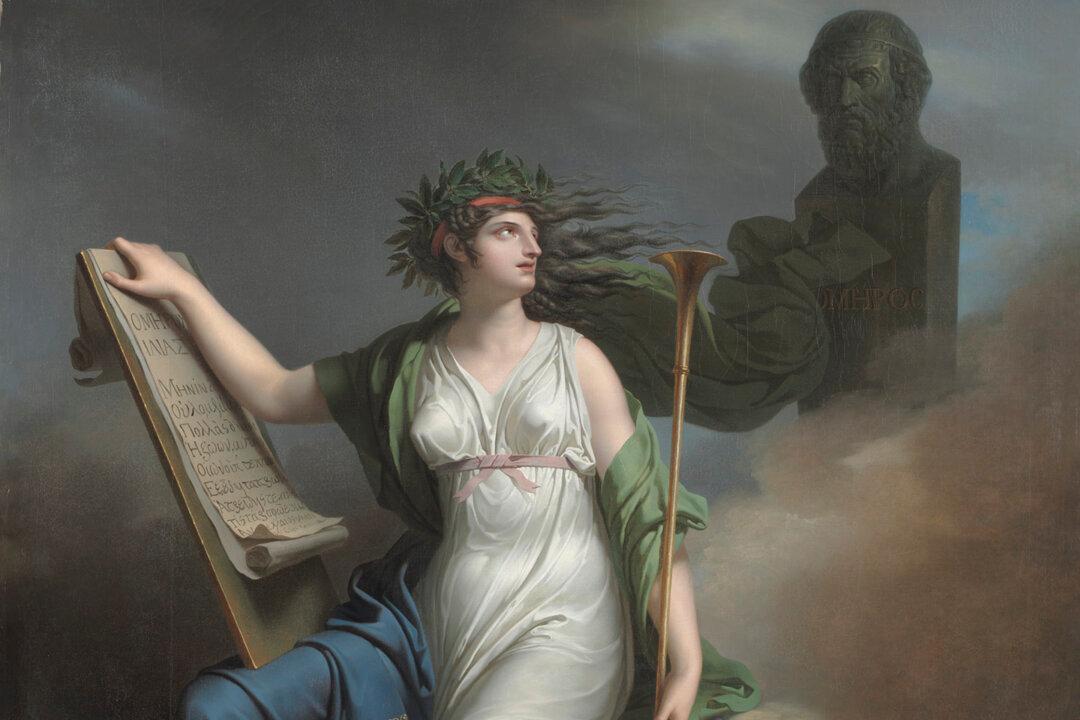A famous definition of poetry as “a little word machine” has been quite extensively and approvingly quoted in the last few decades. There are various versions of the expression. William Carlos Williams spoke of “a small (or large) machine made of words.” Typing the phrase into Google gave me 530,000,000 hits. A short-lived poetry magazine in Birmingham (U.K.) even used the phrase as its title.
The definition is plausible, isn’t it? After all, isn’t that exactly what a poem is? In one sense, yes, it is. It is a “little word machine,” and it might be argued that in the case of long poems, like epics, they are “large word machines.”






